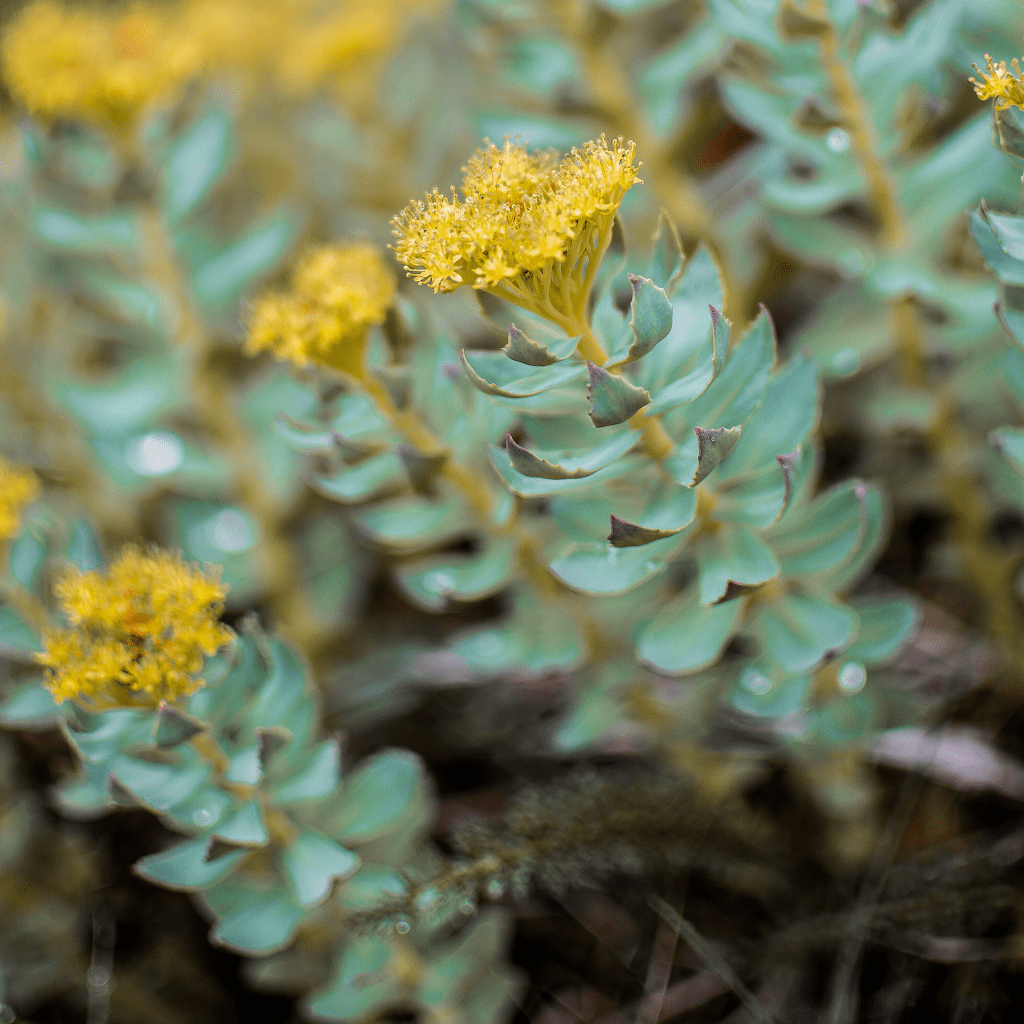Rhodiola rosea: An Overview of Its Benefits and Uses
Rhodiola rosea, also known as golden root or Arctic root, is a perennial plant that grows in cold regions of the world, including the Arctic and mountainous regions of Europe and Asia. It has been used for centuries in traditional medicine for a variety of purposes, including reducing stress and enhancing physical and mental performance.
<h2>Chemical Composition</h2>
Rhodiola rosea contains a variety of active compounds, including rosavins, salidroside, and tyrosol. These compounds are believed to be responsible for the plant’s adaptogenic and antioxidant properties.
<h2>Benefits and Uses</h2>
Rhodiola rosea has been studied extensively for its potential health benefits. Some of the most notable benefits include:
-Reducing stress and anxiety -Improving mood and mental performance -Enhancing physical performance and endurance -Boosting immune function -Reducing inflammation
Rhodiola rosea has also been used as a natural remedy for a variety of conditions, including depression, fatigue, and cognitive decline. However, more research is needed to confirm its effectiveness for these uses.
<h2>Side Effects and Safety</h2>
Rhodiola rosea is generally considered safe when taken in recommended doses. However, some people may experience side effects, such as dizziness, dry mouth, and insomnia. It is also not recommended for pregnant or breastfeeding women, as its effects on fetal development and nursing infants are not yet fully understood.
<h2>Conclusion</h2>
Rhodiola rosea is a natural supplement with potential health benefits, particularly for reducing stress and enhancing mental and physical performance. However, more research is needed to fully understand its effects and to determine the optimal dosages and methods of administration. If you are considering taking rhodiola rosea, be sure to speak with your healthcare provider to ensure that it is safe and appropriate for you.
